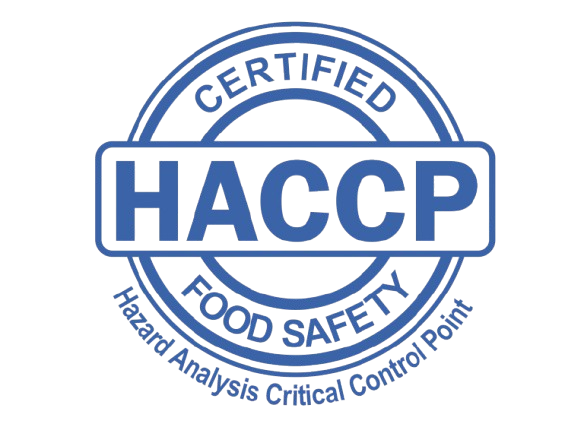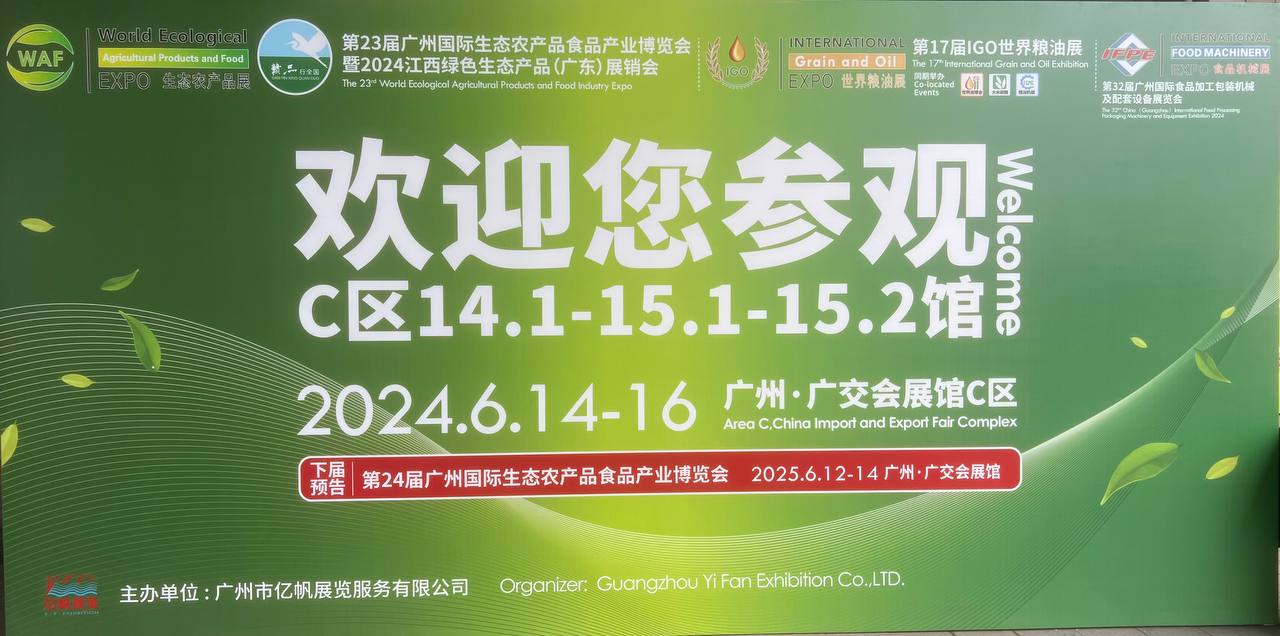Deal Signed to Stimulate Rice Exports to Mongolia
An MoU has been signed between a Cambodian rice mill and a Mongolian business council to export rice from the Kingdom in an overarching plan that aims to increase bi-lateral trade to $10 million

A rice mill has signed a Memorandum of Understanding (MoU) with a Mongolian business council that aims to see Cambodia export rice to the landlocked country in the near future.
Dashravdan Baljinnyam, a researcher at Eastern Partnership Business Council in Mongolia, signed the MoU on Wednesday with Taing Eanghuot Rice Mill at a law office in Phnom Penh after a week of visiting the country.
“The Cambodian and Mongolian trade volume is nearly $1.5 million, so our first main goal is, we want to increase that the volume to $10 million,” Baljinnyam said through a translator and his wife, Enkhgerel B.
Baljinnyam added that achieving the $10 million figure is possible by including importing rice from Cambodia.
“The Mongolians have one wish, which is that they want good quality products but at cheap prices,” Baljinnyam said. This was followed by a roar of laughter from inside the Sun Law Office.

He said Mongolians now want better rice. “When I come to Cambodia, I rely on one thing, the rice is good quality and cheap.” He added that it is still too early to say how many tonnes of rice Mongolia will import.
After the MoU, the next phase will see Cambodia promoted more to Mongolian people, he said, adding that every year, Mongolia imports about $500 million worth of rice into the country.
“Even though the population is small, it is not a small market,” he said. “For the two sides, it is win-win, we want to conquer the market.”
At the signing ceremony, Taing Sambath, CEO and owner of Taing Eanghuot Rice Mill, thanked the Mongolian delegates for coming to Cambodia for the first time. Despite being a short visit, delegates were able to connect with potential exporters and small and medium enterprises (SMEs), Sambath said.
“We have been to see some companies in Battambang province and also my rice miller, personally,” Sambath said. “I think this is the start of our relationship and we would like to continue with one another. I am really looking forward to strong cooperation in the near future.”
Baljinnyam said that the Eastern Partnership Business Council is a membership organization and member of Mongolian Chamber of Commerce. It helps companies there connect with other manufacturers and producers.
He said in the future, the organization is looking forward to expanding in Southeast Asia as a new market due to Western sanctions hitting Russian transportations, cutting off Mongolia from Europe.

“Yes, sanctions, because Russia doesn’t allow some European transportation companies to land, so it impacts Mongolia in the north, neighboring Russia, as we do import many products through Russian land from European countries.”
“So, because of the war, they have not allowed European transportation companies to pass through Russia and have cut off 50 percent of our European goods.”
In the longer-term future, the trade volume between Mongolia and Cambodia should reach $50 million, he said.
The visit to Cambodia follows a September trip by a Cambodian business delegation to Mongolia, which was organized by German organization GIZ, Baljinnyam said.
“In the future, we will try our best to organize two-side business meetings every year, twice, one in Mongolia and one in Cambodia. Mongolia does not know much about Cambodia,” he said, adding that he also visited Battambang and Siem Reap provinces.
He said that Cambodia is growing in the construction and food processing sectors, while Mongolia is growing in the meat industry and is strong in the mining sector.
There is also the possibility that Cambodia will provide food processing technology to Mongolia, Baljinnyam said.





.jpg)
Leave A Message